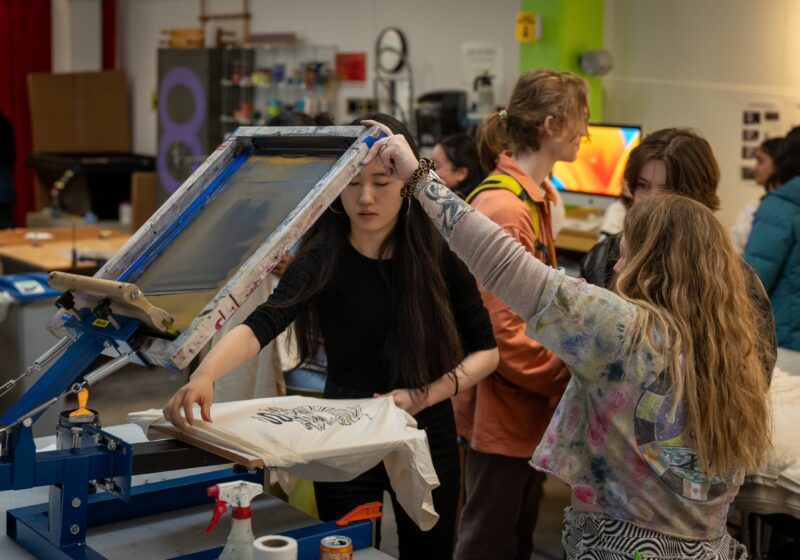Though occurring over 60 years ago, the Holocaust remains in many ways a controversial topic. It is the focus of a multitude of movies, books, studies and, at UR, a course. Professor Celia Applegate’s Religion 218 course, called The Holocaust, delves into the “history and interpretation of the Holocaust,” as the syllabus summarizes. In order to allow the student to understand how over six million Jews, as well as other groups determined to be inferior, were persecuted and murdered, the course covers the relationship between Jews and non-Jews in Europe throughout the early to mid 19th century.
“I want the students to understand how such a catastrophe was possible in Europe, and beyond that why such grotesquely inhuman actions against other humans seemed even plausible – that is – thinkable, sensible to those who undertook them,” explains Applegate.
To determine how such an established minority was systemically eliminated from the German culture, the course studies the events before and after the actual Holocaust. Students learn of the relationship between Jews and Christians in Europe prior to the rise of the Nazi regime in order to understand the foundations leading to the later events.
Then, the class focuses on National Socialism in Germany and its rise and effects on German society, especially its Jewish citizens. Following is a discussion of the events termed “the Final Solution,” – the elimination of Jews and other “undesirable” citizens from Germany. The course concludes by examining the aftermath of the Holocaust on the survivors, German culture and the nation as a whole.
In addition, the course aims to impart how such events could be forced upon citizens. Through readings, lectures and assessments, students learn of the true vulnerability of Eastern European Jews to the Nazi regime, as well as the impossibility for many of the people “to come to terms with the finality of the Nazi seizure of power,” as Applegate suggests.
Further adding to its individuality is the format of the class. Frequently students meet in discussion groups to converse over readings and assignments during class time. The course also gives its students a rare glimpse into the actual lesson at hand, as Holocaust survivors have spoken to the class. When lectures do take place, the material is supplemented by the use of pictures, videos, and sound clips. For example, the class has listened to Hitler actually speak, seen Nazi anti-Semite propaganda and viewed movies made at the time chronicling the evolution of German culture.
Not surprisingly, Religion 218 is a popular course, boasting upwards of 100 students, and those who enroll are afforded the opportunity to learn more than the traditional historical outline of the Holocaust.
Much of this distinct outlook of the course is due to Professor Applegate. “It has always been the defining event of modern times not just for Jews but for Germans and Europeans as well,” she says of the Holocaust. This vigor has led her to actual concentration and extermination camps in Germany and Poland. She has written of German-Jewish relations in the 19th and 20th centuries, as well as the effects of the integration of German-Jewish culture in German musical life. With a Ph.D. in modern German history, Professor Applegate also teaches courses on German and Austrian history.
Schwartz is a member of the class of 2009.





